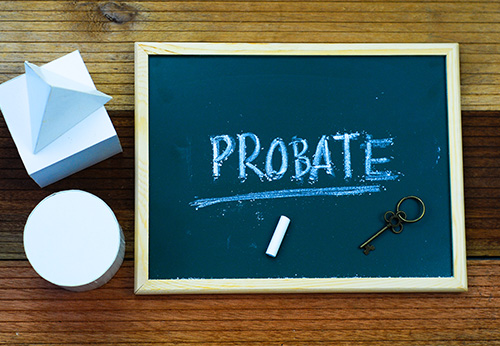Do All Estates Have To Go Through Probate?
In this article you can find answers to questions like:
- What assets are exempt from the probate process?
- Can probate be avoided?
- Should attorneys have tax law knowledge when assisting in estate planning?
All estates must go through probate. There are two different types of probate.
- Summary administration
- Formal administration
Any estate administration over $75,000 must go through formal administration probate. An estate administration under $75,000 may use summary administration.

What Assets Are Exempt From The Probate Process?
There are three types of assets that are exempt from probate.
- Assets that are beneficiary designated (IRAs, 401(k)s, pension plans, and other retirement assets)
- Jointly held accounts. This means that if a financial account has more than one person on the account, then whoever survives as a co-owner (not just an authorized signer) will inherit that account in full. A beneficiary designation on a bank account is called a Transfer on Death or a Payable Upon Death designation.
- Real estate, if titled with a right of survivorship (tenant by the entirety holding or the joint tenancy with right of survivorship).
Can Probate Be Avoided?
Probate can be avoided by having a properly drafted and funded trust. Another way to avoid probate is to designate all of your assets to a beneficiary, but we don’t recommend that.
Does The Faulkner Firm, P.A. Firm’s Experience With Tax Law Assist Clients In Estate Planning Matters?
Attorney Debra Faulkner firmly believes that the foundation of all estate planning should be tax planning. This is because most families save their money to make sure it is passed along to their intended family members (or intended charities) – without having to cut out a huge chunk for the IRS.
To better serve this goal, estate planning attorneys should have a tax background. Here at The Faulkner Firm, P.A. Firm, we pride ourselves on having this expertise so that we can make sure that we always give the clients the most tax-sensitive advice. This allows us to make sure that we are staying true to what your family really wants out of an estate plan.
For more information on Probate Law in Florida, an initial consultation is your next best step. Get the information and legal answers you are seeking by calling (727) 939-4900 today.
